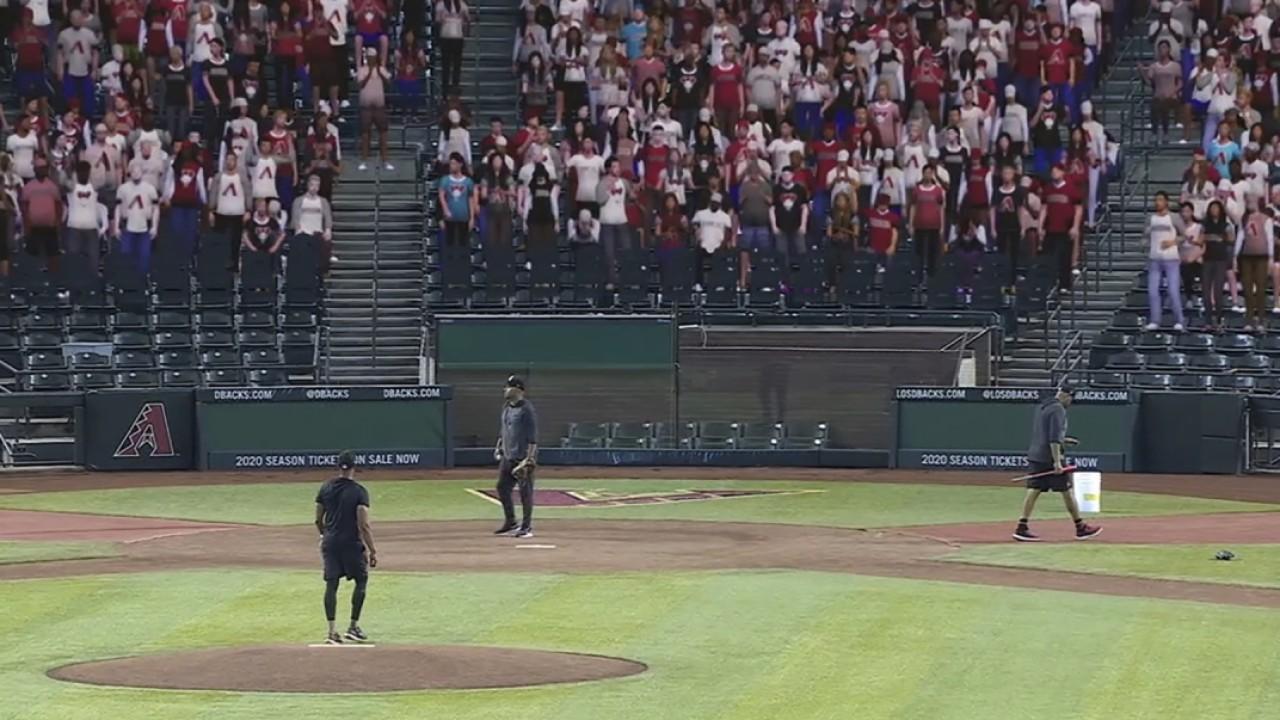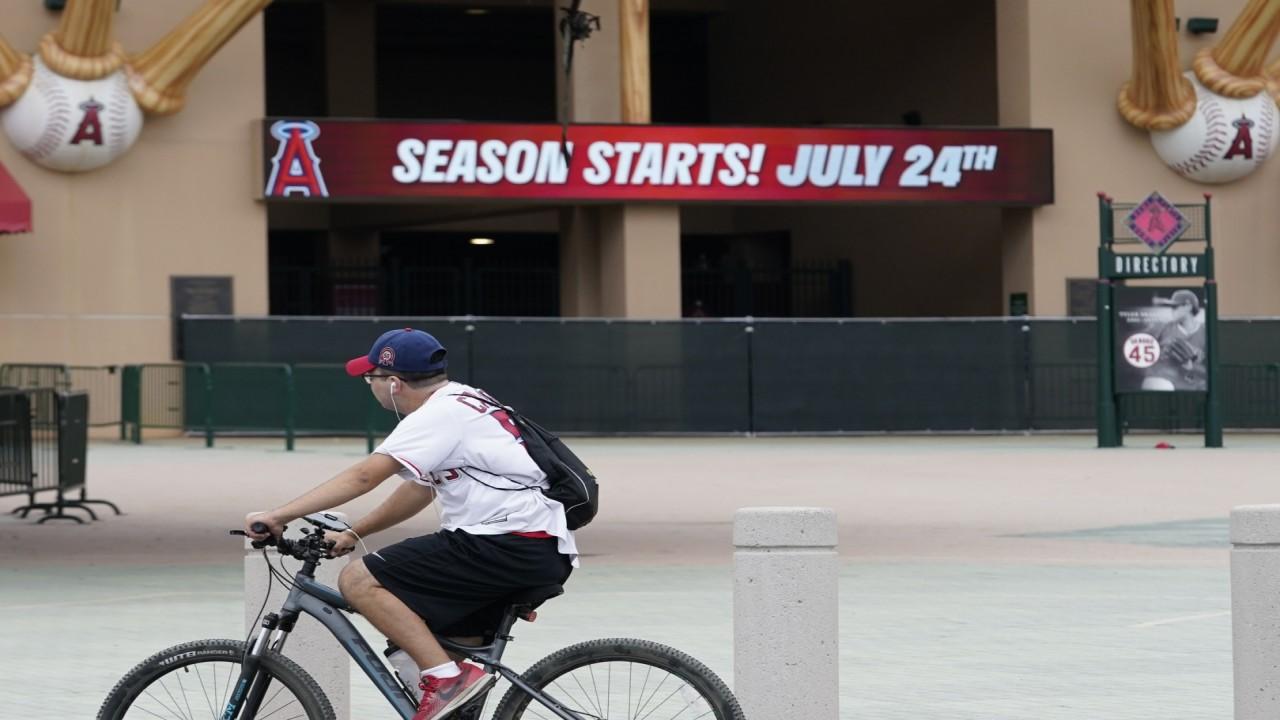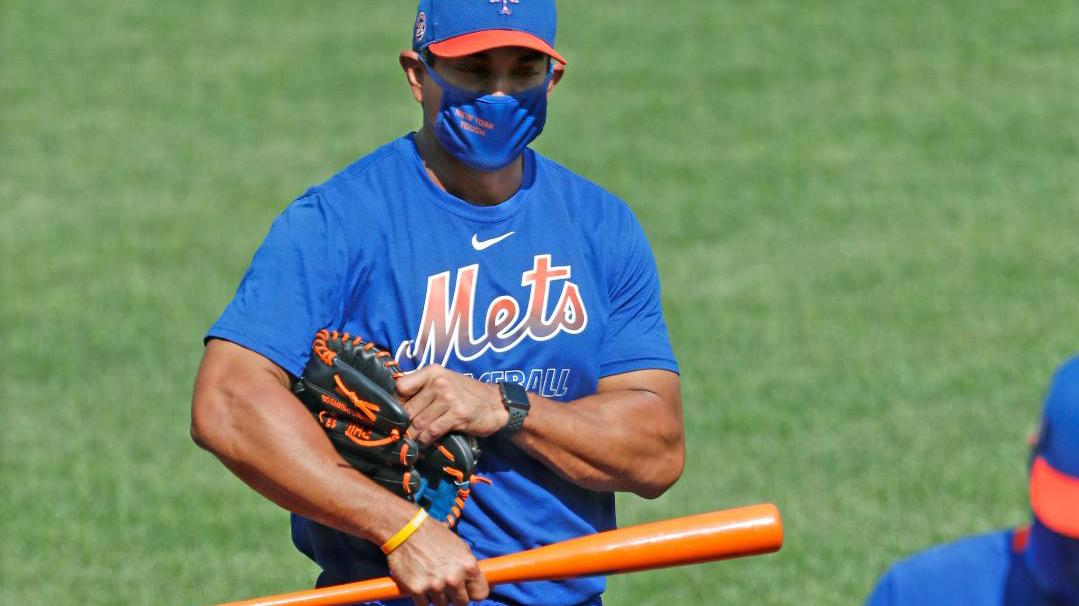MLB season begins: Coronavirus revenue loss, player pay and other key facts to know
MLB teams expected to endure significant financial hit from pandemic
Major League Baseball teams will finally take the field for the first game of a shortened season Thursday night after weeks of shelter-in-place orders, tense negotiations and frantic efforts to create a safe environment for players during the coronavirus pandemic.
MLB teams are expected to endure a significant financial hit from the pandemic. Games will be played without fans in attendance for the foreseeable future. Players will undergo rigorous health screenings and follow strict safety protocols to limit the risk of exposure to COVID-19 and keep the rebooted season on track.
WHERE DODGERS STAR MOOKIE BETTS' NEW CONTRACT RANKS AMONG MLB'S RICHEST DEALS EVER
With ticket sales on hold, MLB teams are using inventive methods to recreate the stadium experience. Several teams, including the New York Mets, Los Angeles Dodgers and San Francisco Giants, are offering fans the chance to buy cardboard cutouts that will take their place in the stands. MLB will also use virtual crowd noise that will be audible to fans watching at home.
The defending World Series champion Washington Nationals will kick off the season against the New York Yankees at 7:08 p.m. ET. The San Francisco Giants will face the Los Angeles Dodgers at 10:08 p.m. ET.
NATIONALS SAY FAUCI WILL THROW OUT FIRST PITCH
FOX Business breaks down the money side of MLB’s season restart plan below.
How long will the season be?
MLB teams will play just 60 games this season – a significant reduction from the traditional 162-game slate. The regular season begins Thursday, July 23 and runs through Sept. 27. The postseason is expected to feature MLB’s normal 10-team format, though players and owners held talks this week about a potential expansion to 16 playoff teams.
How much are players being paid?
Pay was the biggest obstacle when talks between MLB owners and players broke down earlier this summer. Players’ union representatives sought full prorated pay from the start, while owners attempted to enact pay cuts to ease the financial pressure of the pandemic.
When weeks of negotiations failed to yield an agreement, MLB Commissioner Robert Manfred mandated the 60-game season, with players receiving the full prorated salaries they wanted. In other words, players will earn the full amount they would have received over 60 games if MLB had played its normal 162-game season.
Total player compensation is expected to be about $1.5 billion, or roughly 37 percent of full-season salaries. MLB also paid out $170 million in salary advances in March.
Can players opt out?
MLB players were given the option of skipping the shortened season if they were uncomfortable or unable to play during the pandemic. Players who were considered to be in a high-risk health category will still be paid if they opted out, while players who opted out for other reasons will forfeit their salary.
Prominent players who chose not to participate include Colorado Rockies outfielder Ian Desmond and Washington Nationals infielder Ryan Zimmerman.
Will losing out on crowds hurt business?
With each of its 30 teams playing 162 games per season, MLB still derives a large chunk of its revenue from ticket sales, concessions and in-stadium sponsorships. During negotiations with players in May, MLB owners projected they would lose $640,000 per game in ticket sales if fans were unable to attend due to the pandemic.
GET FOX BUSINESS ON THE GO BY CLICKING HERE
How much money will MLB lose?
The exact financial loss is difficult to determine and subject to debate. MLB owners claimed in May they would lose more than $4 billion if the league played an 82-game season without fans in attendance. While losses are likely to be substantial given the absence of in-stadium revenue, critics have questioned MLB’s claims about how bad those losses will be.
In a normal season, MLB earns about $10 billion in revenue from its various sources, including national and local broadcast deals.






















